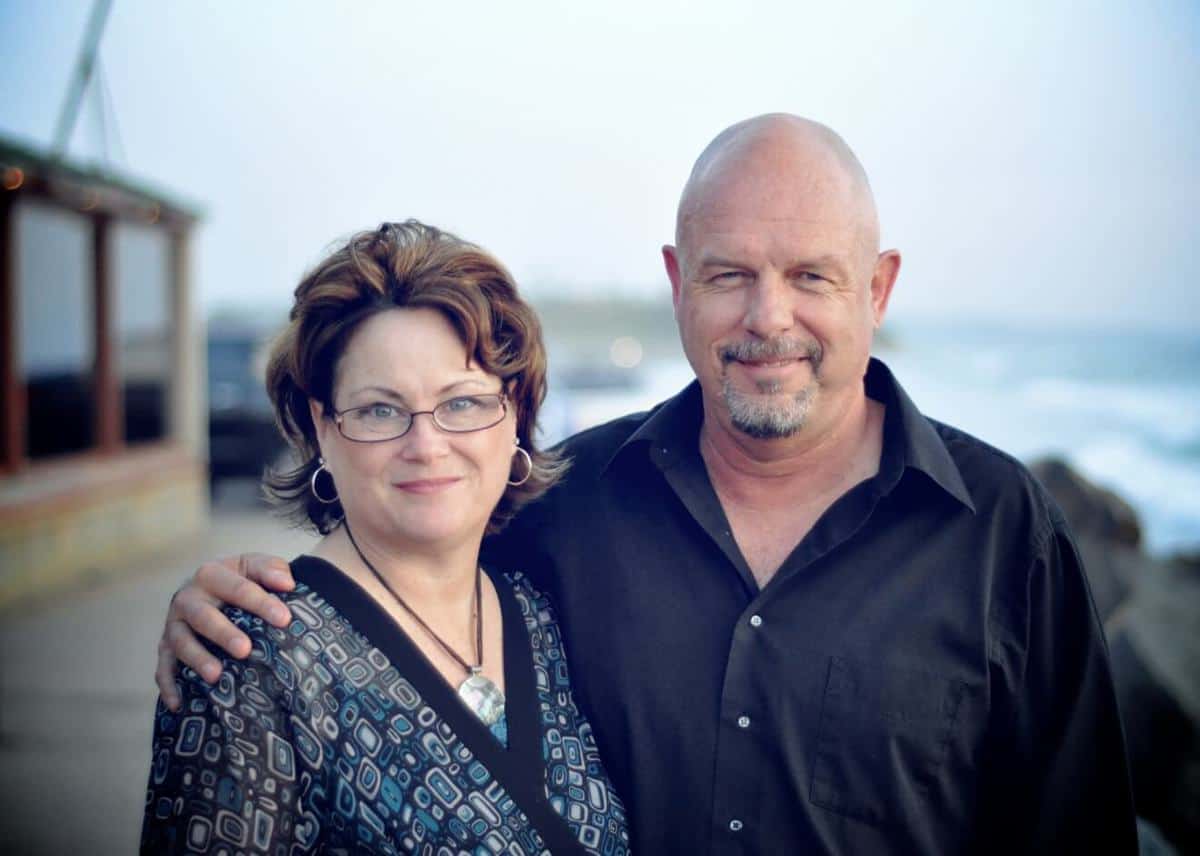A book’s influence tends to correspond to how widely it’s read: the most influential books usually speak to a lot of people. Certain books, though, manage to shape the culture without enjoying a huge readership. Today we’ll be looking at three:...
Truth. Sometimes it seems like philosophy has given up on the concept. Postmodernism tends to treat it as relative; poststructuralism tends to treat it as an attribute of language, not reality. That’s why it’s so refreshing to read a...
Scholars have a name for the West’s interconnected canon of philosophy, history, and literature: the Great Conversation. It’s an enormous, fascinating body of work, and it’s reflected in an enormous, fascinating library: The 124-volume Classical...
We pay a lot of attention to the Bible’s original Greek, Hebrew, and Aramaic, but many of the early church’s most important texts were written in another language: Latin. Luckily, Logos offers some outstanding Latin reference works and primary...
“In the second century of the Christian era, the Empire of Rome comprehended the fairest part of the earth, and the most civilised portion of mankind. The frontiers of that extensive monarchy were guarded by ancient renown and disciplined valour...
Augustine is a hugely important figure in church history. He’s a big deal outside the church, too—in fact, he’s one of the most important figures in pure philosophy. Here’s why. Augustine beat Kant to his theory of subjective time Immanuel Kant...
Christianity is the West’s most important worldview. Plato was the West’s most important philosopher. But the two have far more in common than just importance—in fact, Plato helped set the intellectual stage for the early church. Dean...
“Mathematics,” wrote the agnostic philosopher Bertrand Russell, “is, I believe, the chief source of belief in eternal and exact truth.” Of course, there are lots of other reasons to believe in eternal, exact truth, but Russell’s getting at...
Paul, in Acts 17:18, addresses adherents to two philosophical schools: Stoicism and the Epicureanism. We already know that the Stoics had much in common with the early Christians; not so the Epicureans, for whom life’s highest goal was individual...
Stoicism, a school of Hellenistic thought founded in the third century BC and popular through AD 529, was more than a philosophy—it was a way of life. In this scope as a worldview, it was, writes Paul Tillich, “the only real alternative to...
People talk about philosophy in terms of “or.” Philosophy or faith. Philosophy or literature. Philosophy or science, as if the mind were incapable of doing both and reaching its own conclusions. But that position is ahistorical—great thinkers...
“You can never reach another physical location: to get there, you have to cross half the intervening distance; next, you have to cross half the distance that remains; next, half again—no matter how far you go, half the remaining distance remains.”...
Knox Theological Seminary’s $18,000 Leith Anderson Scholarship is back! Enter to earn your DMin free at DMin.me/Leith-Anderson—the scholarship closes May 10. This spring, Knox is introducing a new DMin track: “The Gospel in Church and...
The rationalists relied on reason, not sensory experience, to explain the world. In turn, the empiricists—John Locke, George Berkeley, and David Hume—argued that knowledge comes from experience, not pure reason. Taken as far as logic allows, that...
For many philosophers, God’s existence resolves otherwise unsolvable puzzles. The great rationalists—René Descartes, Baruch Spinoza, and Gottfried Leibniz—argued that knowledge comes not from the senses, but from reason and innate ideas. From there...
Today’s post is built around content from Michael Allen, coordinator of the theological exegesis track and D. James Kennedy Associate Professor of Systematic Theology at Knox Theological Seminary. * * * Knox Theological Seminary is proud to...



